This post is about religion albeit one particular faith, as portrayed in a recently aired documentary, and about how the viewing experience made me feel. I compare the viewing feelings to those acquired through reading something on a very different, but kind of related, topic.
I watched a documentary on Channel 4 last Thursday night (26th June) that disturbed me; the programme called “Meet the Mormons” was about the Mormon faith – a branch of Christianity that I’ll freely admit that I know very little about. If you missed it, pop to 4OD and catch up.
The film followed a 20 year old British lad called Josh Field as he got more deeply indoctrinated into the faith and became a missionary in order to spread the word of his church more widely. The process of becoming a missionary involved him sacrificing two years of his life, attending a residential course to prepare him for his mission, moving away from (and severing almost all ties with) his family and friends, being allocated to a faith buddy/chaperone with whom he would spend all his time (Elder Bauman, a downright creepy individual if you ask me) and surrendering the use of his first name for the duration of his mission.
Personal-sacrifice for faith advancement is not exactly an unusual concept but for all the sacrifice, his mission was in effect door to door or street based personal selling – he had conversion targets too – a minimum of four faith transfers over two years. My opinion; faith selling has to be the most miserable kind of job one could do – worse than hard-selling double glazing, payment protection claims or working for a recruitment agency.
In following Josh (or Elder Field as re-designated), the film crew was chaperoned at all times by a member of the church’s PR management team. The Mormons were clearly quite concerned about being misrepresented or depicted as decidedly weird – maybe the PR guys had seen Louis Theroux’s “Scientology and Me”. So in interviewing Josh, the journalist had to deal with the presence of forces actively censoring her material. The conspicuous censorship, instead of protecting the Mormons had the opposite effect of making the organisation look manipulative, controlling and more than a little bit odd (in many ways a lot like Louis Theroux’s piece but set in Leeds).
Channel 4 is well known for making programmes likely to induce viewers to shout at their tellies. Let’s not be naïve, a documentary painting a picture of anything as normal, nice, fun, inclusive etc. is less likely to attract viewers than something more sensational or dramatic. In the case of this documentary, the portrayal of the Mormons was not comforting – what was presented was effectively a case study in brainwashing because one watched the young, enthusiastic, cheerful Josh being slowly crushed and converted into a clone of handler Bauman.
Added to the brainwashing were other ‘facts’ (a pinch of salt may be necessary) that compounded the impression that the Mormons' faith is bizarre and commercialised – Mormons believe Jesus went to America after his resurrection; the faith was invented in America in the 1820s; members are expected to pay significant sums of money to the church; dead people can be baptised; non-members are not allowed into Mormon places of worship.
The subject of impressions brings me on to the Hell’s Angels.
Whilst obviously not a religious institution, the infamous motorcycle club has also been on my mind because I have been reading a book about the life and times of Ralph “Sonny” Barger, a leading light in the American movement from its earliest days.
Sonny’s memoirs entitled “Hell’s Angel” don’t make for comfortable reading, he was (maybe still is) a hard man with a legendary disregard for authority; his book shares scenes of drug abuse, violence, death, Harley riding, prison and protest in a straightforward and dispassionate way. But despite the non-conformist, unapologetically aggressive material, Sonny Barger achieves this anti-hero type of status that will make a reader warm towards him and his club.
The HAMC, which began in the States and is now a worldwide organisation, has its disciples, all carefully selected and inducted into the club; come what may, members are loyal to their brethren; Angels live and die their way; if you are not in the club, you can’t visit a clubhouse without an invitation; the motorcycle and back patches are the outward expressions of faith, the road is the place of worship; chapters make up the organisation a bit like they make up books of faith. The parallels between the Angels and the Mormons are there if you think about it.
Now I know that thanks to the art of journalism, my emotions have been manipulated by the film makers and Sonny Barger’s biographers; I have been fed the content they have chosen to give me (from their perspectives only). But in making the connections between the two groups, I found I was more perturbed by the Mormons than by the Hell’s Angels. And that was unexpected.
Blog Home
Blog Library
Home

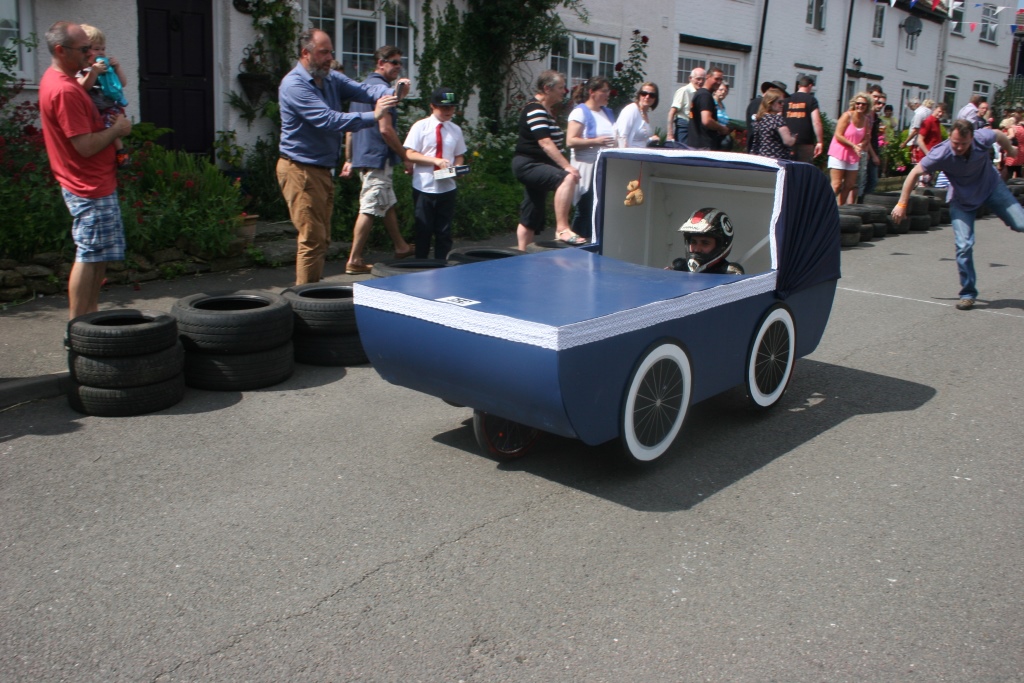
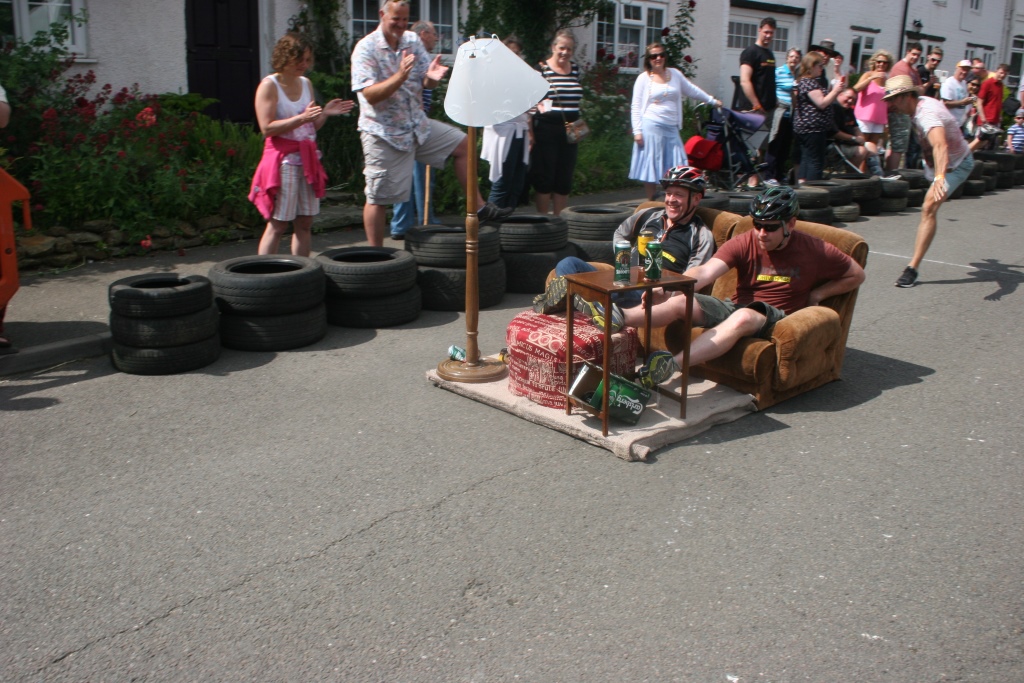

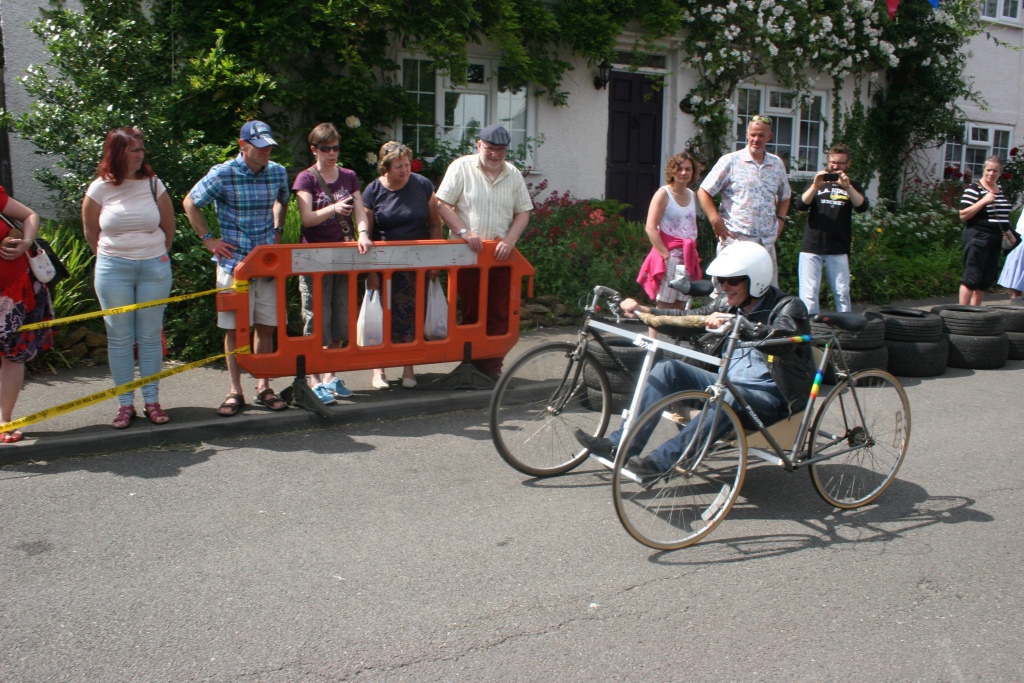



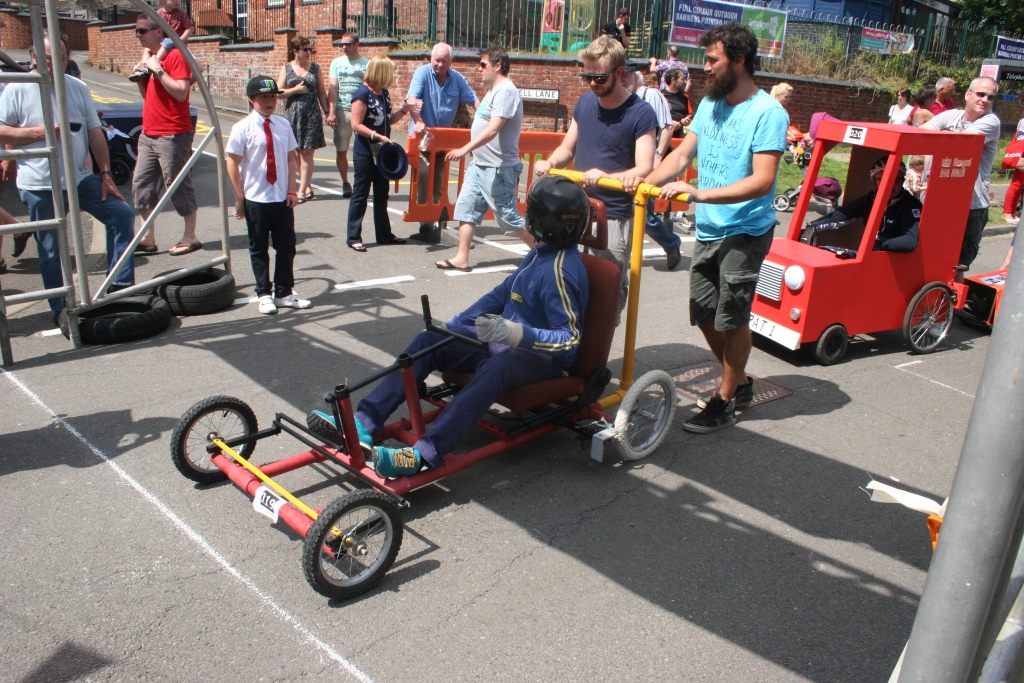


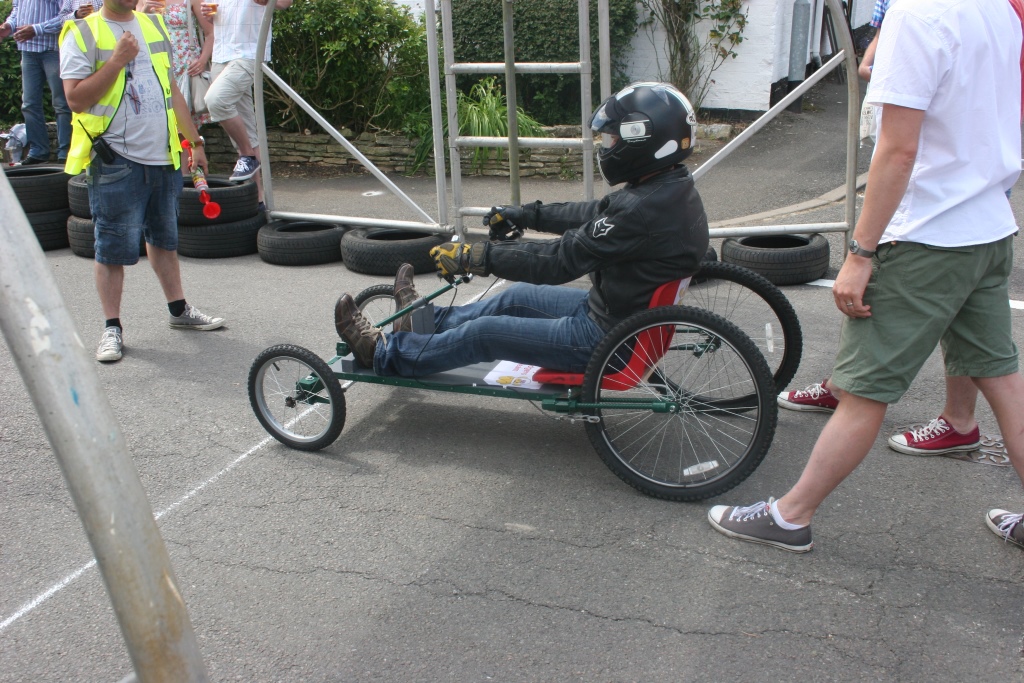



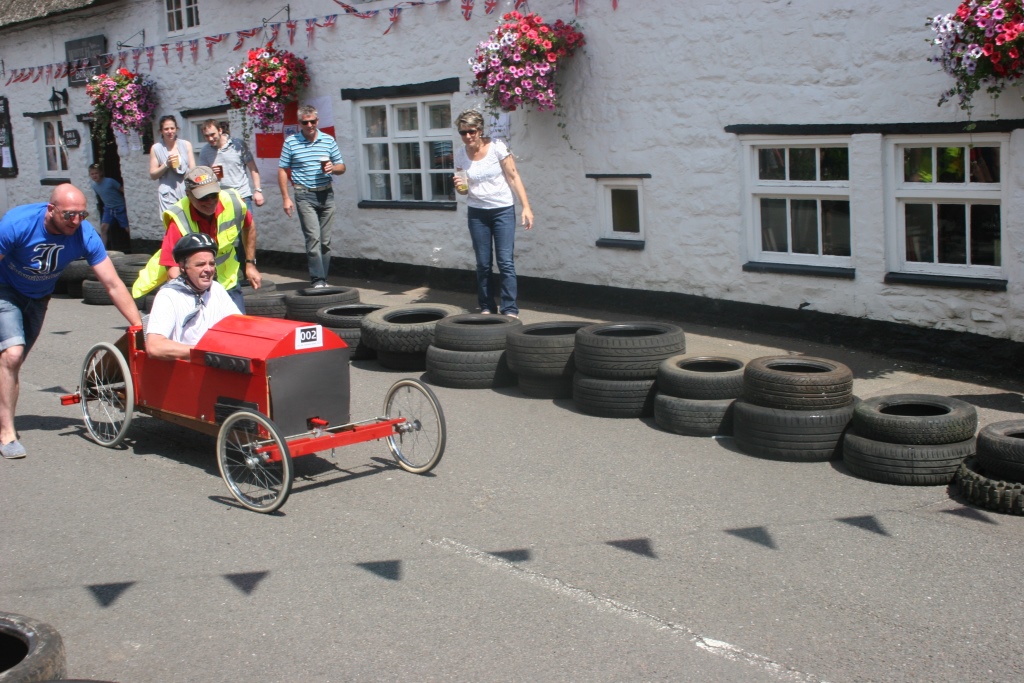
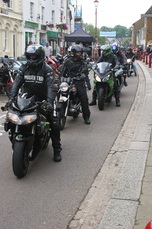
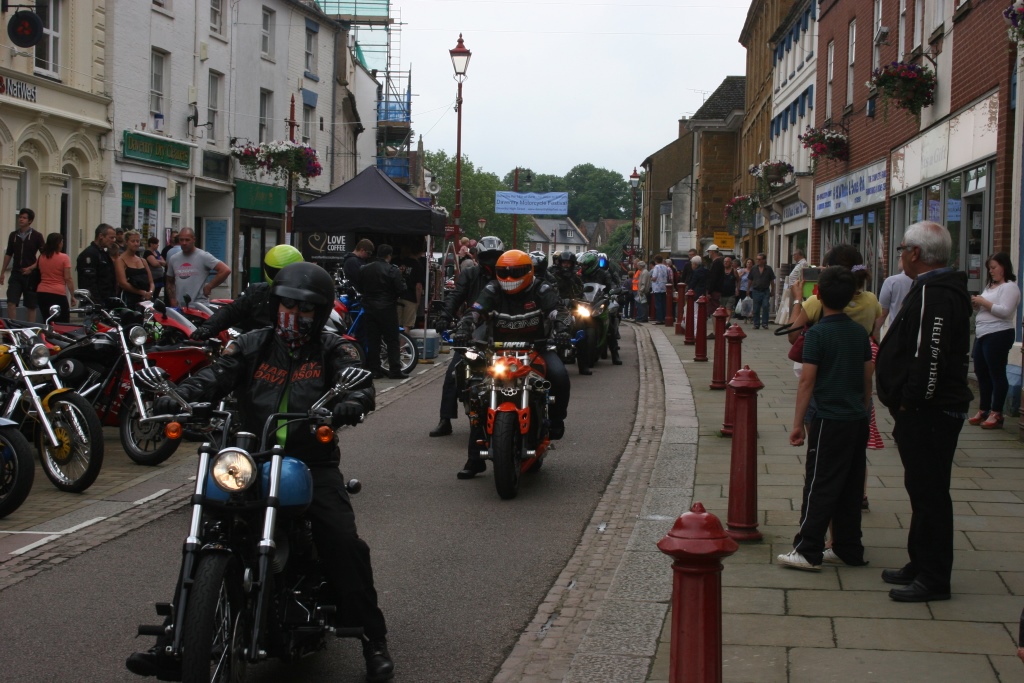




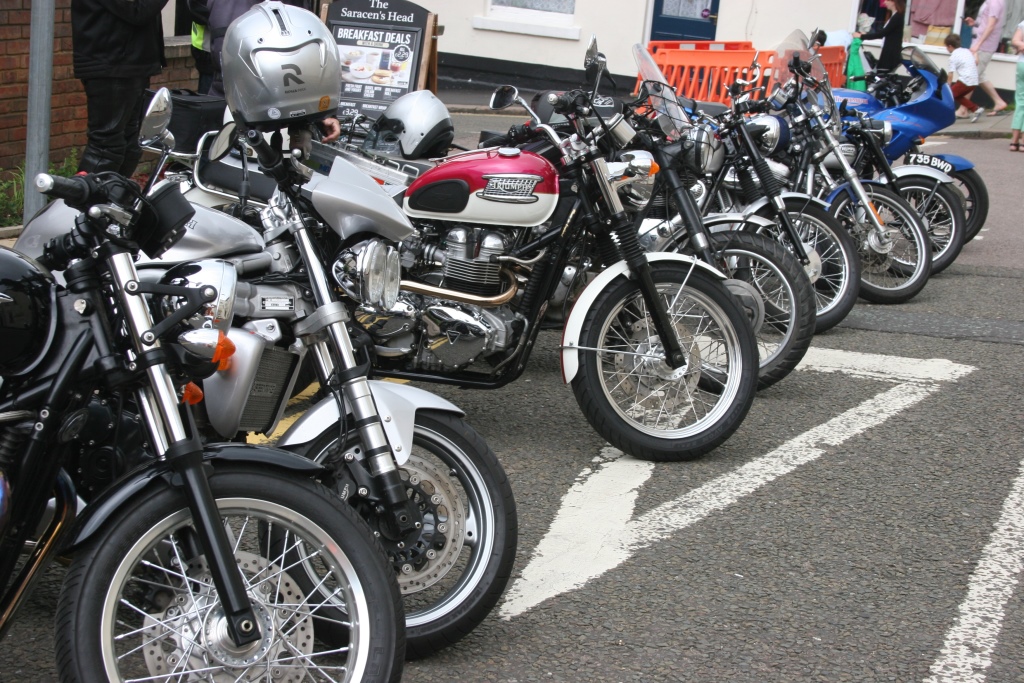




 RSS Feed
RSS Feed
